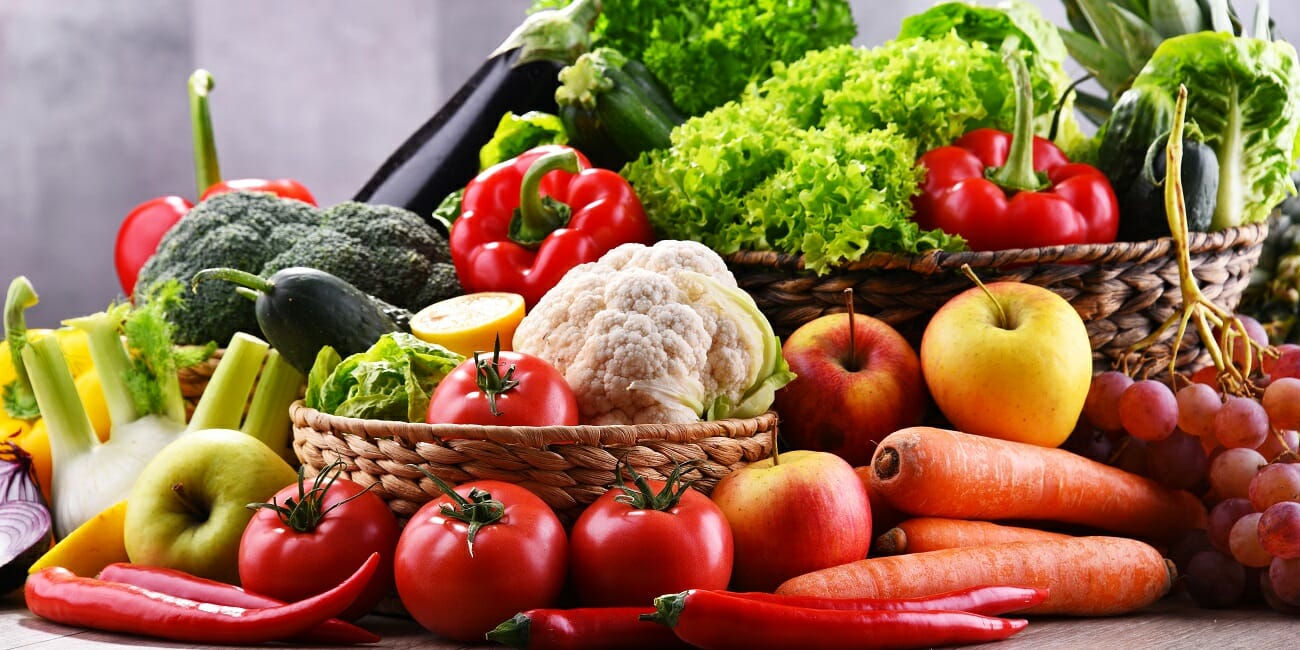
GAIN and the US Agency for International Development (USAID) are leading a five-year programme called EatSafe, which aims to improve access to safe and nutritious food (USAID).
Food and water poisoning is a severe problem in Ethiopia (33%) and in Nigeria (20%), according to a recent poll. This has led to disease and malnutrition among the country’s youngsters.
Food safety and nutrition are hot topics right now, and we want to hear from anyone interested in finding new ways to improve the quality of the food available to the hundreds of thousands of people who rely on local markets for their daily diets. The challenge is open to anyone with an interest in food safety and nutrition, from students and researchers to business owners.
Applications from Ethiopia and Nigeria will be required to pick from seven innovation areas and submit a plan for how it might be implemented in the local food market.
Food waste technologies, peer-to-peer learning platforms, platforms for supply chain management, processing, retailing, and packaging, sensors for food safety assessment and urban-rural links, and food logistics are all included in these areas.
Keeping local food safe
We’re attempting to attract national talent to help improve the health of their fellow residents by providing them with healthy food,” EatSafe’s executive director remarked. Anyone interested in learning more about food safety and nutrition is welcome to apply, but we especially urge women and young people to apply.
Unawareness among consumers about safe and nutritious foods, lack of knowledge about their origins, perishability, dangerous ingredients not discovered, and food waste may all be alleviated by finding solutions to these problems.
Entries will be scored on a scale of 1 to 5, with 1 being the lowest and 5 being the highest, by a committee of food safety experts. Food safety and nutritional benefit, practicality, adaptation to low- and middle-income nations, scalability, and environmental sensitivity are the five selection criteria.
Two of the five shortlisted candidates for each nation will be chosen following workshops and mentorship from May to August.